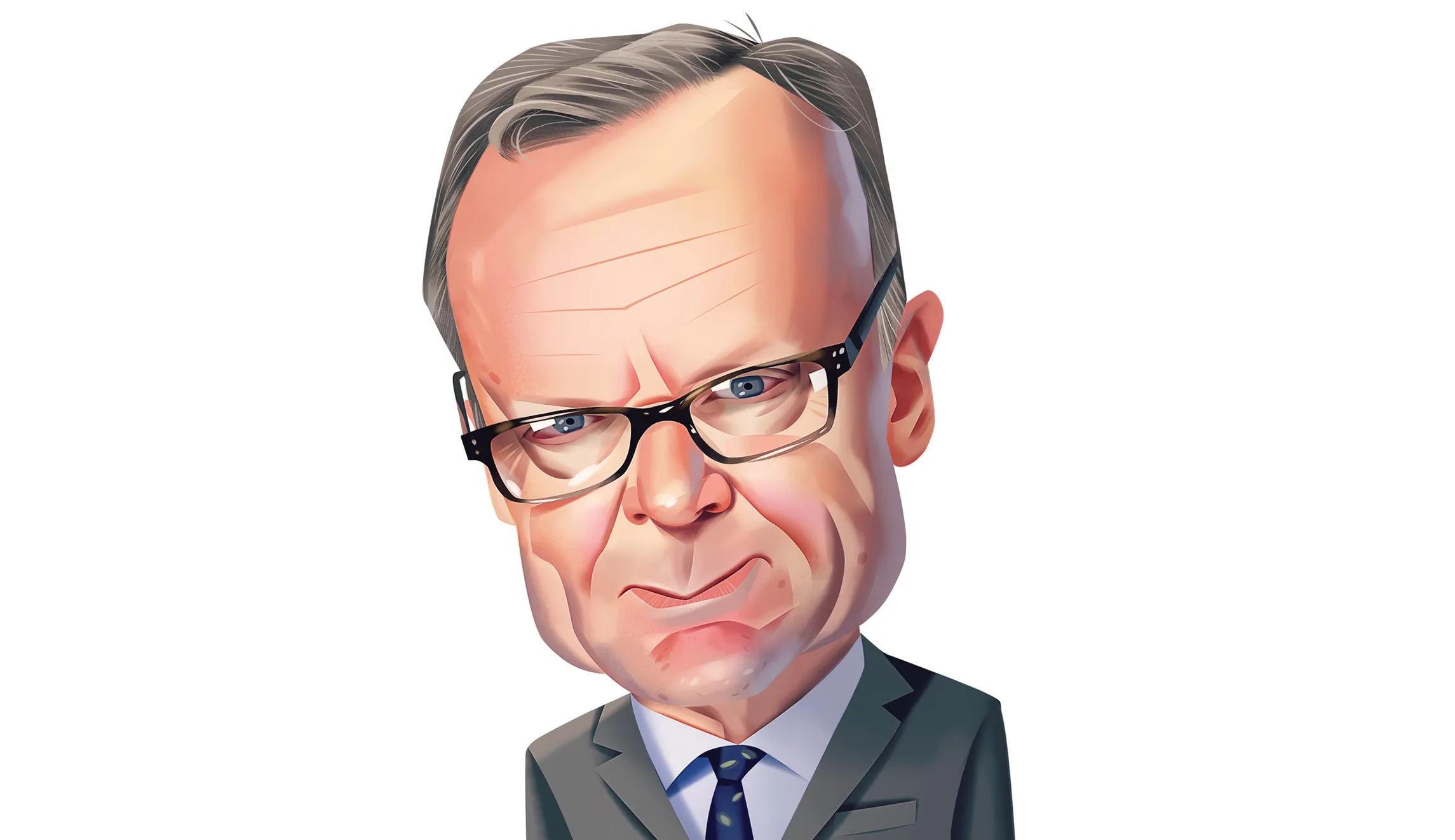Democrats cling nostalgically to the New Deal. The 1930s and 1940s were a halcyon era for them of political dominance crowned by President Franklin D. Roosevelt’s four successive election victories.
We all wallow in our glory days, at least a little, but it is also a marker of the Democrats’ deceit, some of it, perhaps, self-deceit.
Their political candidates’ hollow rhetoric invokes families “sitting round the kitchen table” or, as Michigan Gov. Gretchen Whitmer did, “discussing dinner-table issues.” The image is appealing and false, designedly suggesting the warmth and security of a traditional home, which Democratic policies at every turn are making rarer.
Conjuring that same chimera of shared experience among sensible, good-natured people, former President Obama always used to talk of “folks” because, as
has been noted
, “folks” suggests people “working together in a spirit of unity.”
President Joe Biden has for years talked of ordinary Americans worrying “about putting food on the table” when, as the United Nations noted nearly a decade ago, the truth these days is that obesity has become a significantly greater problem than hunger.
The timbre of Democratic rhetoric is intended to convey a different epoch, in which America was a nation united, with similar scenes reproduced in family homes across the country. It evinces common concerns and goals, a shared understanding of what is important.
But it was also a world in which there was scarcity, and, therefore, more need for government intervention. Does that world sound real to you, like the one you live in? Surely not. It is a gauzy veil Democrats throw across an agenda that shatters families and communities and divides Americans into mutually uncomprehending camps.
It is no coincidence, of course, that the epoch Democrats hark back to is one in which labor unions were ascending to the peak of their power. Every one of President Biden’s massive spending bills contains multibillion-dollar bonbons for the unions, which then repay the favor by sluicing cash into Democratic coffers, and use much of the rest to get out the vote for the party that treats them so munificently. Odd to think that only about 11% of workers are union members.
Democrats extend their New Deal vapors to economic analysis. Remember Obama painting mild, well-meaning Mitt Romney as a striped-pants plutocrat — the spitting image of the cartoon capitalist on a Monopoly board — plundering businesses and letting his staff die of cancer?
The predatory tycoons are still there in Democratic imaginings today. Sen. Elizabeth Warren ignorantly blames energy inflation on oil and gas producers’ “massive profits, share prices, and dividends for investors, and millions of dollars in CEO pay.”
As Daniel Henninger
noted
in the Wall Street Journal, left-liberals cling to the idea that Washington is where “this country’s political and moral authority” rests.
It is a useful fiction if your agenda is to accumulate power in a central authority, draining it away from ordinary people who do not, any longer, sit together around the kitchen table.
Democratic policy, with a cloak of Democratic rhetoric thrown over it, is a wolf in sheep’s clothing.






